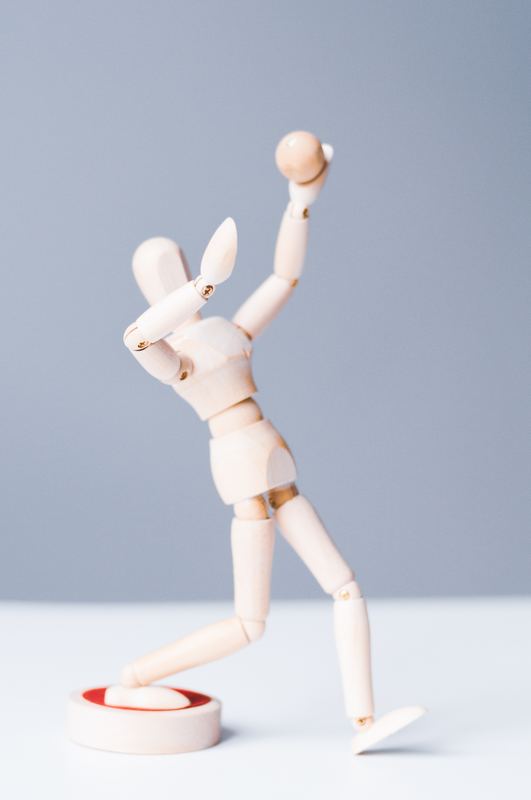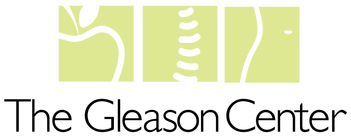|
By: Gleason Center Editors, Dr. Daniel Gleason DC Applied kinesiology is the study of movement and posture that is most famous for its use of manual muscle testing. Muscle testing allows your doctor to get to the root of what's going on. In this month's newsletter, Dr. Gleason goes in depth about what applied kinesiology is and what it can do for you. If you're ready to take control of your health, here's a crash course in A.K. 101. Muscle Testing: The Key to Structure & Function Manual muscle testing gives you and your doctor unique insight into your health and symptoms. When an applied kinesiologist finds one of your muscles that is “turned off” you begin a journey of discovery. Curiosity should lead you to ask the ultimate question: “What is causing my problem?”. This fundamental question is often missing in doctor’s offices and hospitals in the U.S. All too often, conventional medicine rushes to make a diagnosis and then jumps to a drug or surgical treatment before even asking about the cause. Your symptoms are merely masked or perhaps your lab values look better, but the underlying cause has been ignored. Failing to address the cause may result in a bigger problem down the road. Like the old adage, “you can pay me now or pay me later”. What do you typically do when you have a sore or tight muscle? Rub it, ice it, apply some analgesic lotion, stretch it, heat it, or use a TENS unit? These are all good strategies, but they ignore one important consideration- what is the opposing muscle doing? This is a fundamental consideration for the applied kinesiologist. A muscle left unsupported by its corresponding opponent muscle becomes tight and sore. Muscle testing allows us to find the muscle that is “turned off” and determine what it will take to turn it back on and keep it from turning off again. Applied kinesiology is the study of movement and posture that is most famous for its use of manual muscle testing. Muscle testing is its primary diagnostic tool. In addition to gait and posture analysis, kinesiologists test your muscles and look for the causes of neuromuscular imbalances. Causes fall into three categories:
Each muscle in the body has an organ relationship through the acupuncture system. By testing your muscles, the doctor who uses applied kinesiology can help you determine which of the above-mentioned stressors is causing your problem. Treatments fall into the same three categories:
Many ask “What types of conditions can the applied kinesiologist help?”
Your health is your most important possession. Once lost, it may be very hard to recover. Savvy people assemble a team of professionals who communicate well with them and with each other. I would encourage everyone to include doctors who use applied kinesiology to become part of their health care team. If you like this post, you might also enjoy our: September Newsletter
0 Comments
Leave a Reply. |
CONNECT WITH US!Follow us on Facebook for weekly inspiration, newsletters, recipes, and giveaways!
CATEGORIES
All
SEARCH THE BLOG |
Take the first step. We're ready for you.
616-846-5410
M/W/F 8:00am - 5:30pm
Closed 12:30pm - 1:30pm (Lunch)
T/Th 8am - 1pm
Sat/Sun Closed
Home | Order Supplements | Privacy | Terms | Contact | Facebook | Review Us
M/W/F 8:00am - 5:30pm
Closed 12:30pm - 1:30pm (Lunch)
T/Th 8am - 1pm
Sat/Sun Closed
Home | Order Supplements | Privacy | Terms | Contact | Facebook | Review Us
Information and products offered here are not intended to diagnose, treat, cure, or prevent any disease. Statements have not been evaluated by the FDA.
© 2023 The Gleason Center
© 2023 The Gleason Center



